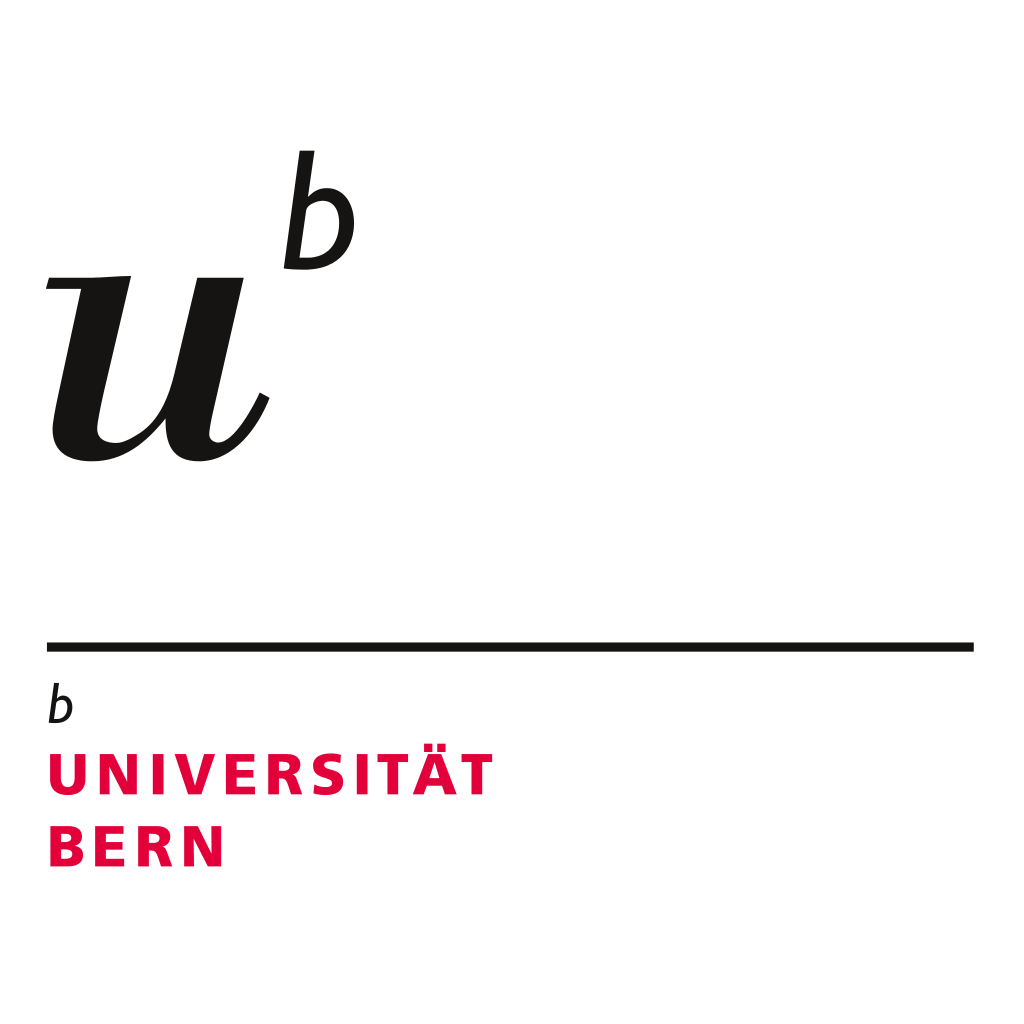Universität Heidelberg
Cluster of Excellence «Asia and Europe» • HS 2009
Materializing Fascism: The Fascist Architecture of Rome and the «Triumph Over Nature» in the Pontine Marshes
Research Seminar and Excursion
Once consolidated, the Fascist regime made radical interventions on the urban landscape of Rome, literarily putting an «ancient romanity» into scene and creating a «cult of Rome». This policy of propaganda through architecture was achieved through the demolition of entire quarters and the erection of highly symbolic roads such as the Via dell’Impero (now Via Fori Imperiali) or, after the concordat with the Vatican in 1929, the Via della Conciliazione. Fascist architecture took control over public space also with the erection of monumental buildings as for example the planned headquarters for the National Fascist Party (now Palazzo della Farnesina), the Foro Mussolini (now Foro Italico) or Rome’s sports complex with the «Mussolini Dux»-obelisk still standing there. Fascist rationalist architecture culminated with the quarter of the Esposizione Universale di Roma E42 (now EUR), scheduled to open in 1942 to celebrate twenty years of the Fascist Era. Since 1926 the regime supported rural development and war veterans drained the Pontine Marshes south of Rome. Through Fascist propaganda this project, referred to in terms of the «battaglia del grano», received enthusiastic reception abroad and was used domestically for the ideology of ruralisation and autarky. The new towns of Littoria (1932, now Latina), Sabaudia (1934), Pontinia (1935), Aprilia (1937) and Pomezia (1939) were founded, with several other small rural villages. For political historians fascist architecture policy poses interesting questions on the relationship between the regime and architects, propaganda and the ideological connotation of urban and rural landscapes. The excursion to Rome and the Agro Pontino will allow to reflect on the legacy of the Fascist architecture.

